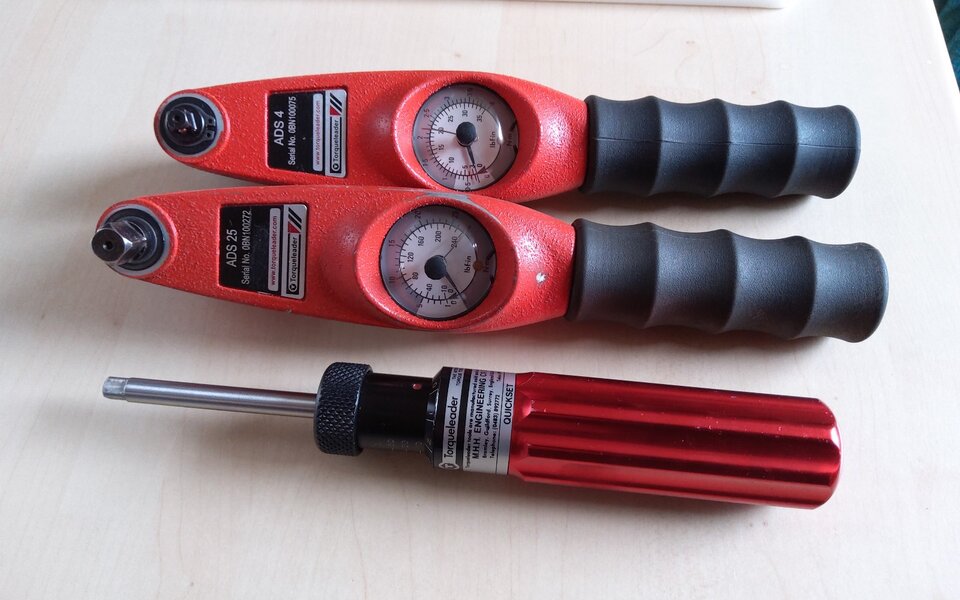mattpayne
Retro Guru
5nm is surprisingly not very tight!
I've always in the past just cranked bolts up to fugging tight with no issues.
For my Carbon/ti bike I bought a little topeak 5nm torque wrench, while I understand this is less accurate than a proper TW it's a lot more accurate than my hands... It didn't stop the stem crushing a carbon steerer! Luckily having a friend in Motorsports carbon fab it was deemed salvageable...
Moral - torque wrench is a great learning tool for how strong you really are!!
I've always in the past just cranked bolts up to fugging tight with no issues.
For my Carbon/ti bike I bought a little topeak 5nm torque wrench, while I understand this is less accurate than a proper TW it's a lot more accurate than my hands... It didn't stop the stem crushing a carbon steerer! Luckily having a friend in Motorsports carbon fab it was deemed salvageable...
Moral - torque wrench is a great learning tool for how strong you really are!!
